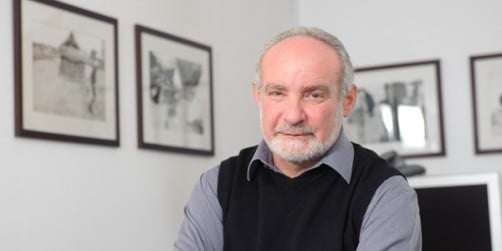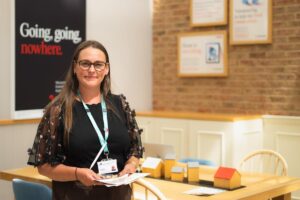
In a significant move to address the growing challenge of dementia, Professor Stephen Tollman has been appointed to the Africa Task Force on Brain Health, established by the Davos Alzheimer’s Collaborative. Projections indicate that more than one million South Africans will suffer from dementia within the next few decades, an issue that could severely strain the country’s healthcare system. By 2050, Africa is expected to face a substantial increase in neurodegenerative diseases, particularly as the continent’s older population expands rapidly.
The collaborative recently published an article in the esteemed journal Nature Medicine, linking brain health with economic resilience. The article introduces an ambitious five-year initiative known as the 6×5 plan, aimed at enhancing Africa’s preparedness to combat dementia and related challenges.
Professor Tollman, who directs the SAMRC/Wits Rural Health Transitions Unit in Agincourt, emphasizes the importance of brain health across all stages of life. “Brain health runs through every stage of life and every sector of society,” he stated. “If we integrate it into what Africa is already doing well, we can protect our aging citizens and sustain our economies.”
The 6×5 plan identifies six critical priorities for the continent over the next five years, supported by a series of task forces comprising experts from Africa’s five geopolitical regions. The first priority focuses on increasing brain health advocacy and literacy while challenging the stigma surrounding mental health issues.
A second priority aims to establish brain health as a key driver of socioeconomic transformation. Recognizing that cognitive resilience is essential for productivity and innovation can lead to significant benefits for society as a whole. The plan also emphasizes the importance of utilizing existing resources, such as infectious disease infrastructure and community health workers, to enhance dementia detection and care.
The fourth priority addresses the need for better data sharing among countries to inform policy based on accurate burden estimates. The fifth priority highlights the potential of Africa’s mobile technology revolution, advocating for the use of digital health tools and culturally adapted screening methods to reach broader populations at reduced costs. Finally, the sixth priority calls for sustainable funding that integrates brain health into universal health coverage and national development goals.
“Africa can realize this plan, using much of what it already has,” Professor Tollman affirmed. The SAMRC/Wits-Agincourt Research Unit, located near the Kruger National Park, has maintained a health and socio-demographic surveillance system for over 30 years. Through the Health and Ageing in Africa: Longitudinal Studies in South Africa (HAALSI) program, researchers are documenting the lives of adults aged 40 and older in resource-limited settings.
The unit recently validated a range of cognitive assessment tests to establish norms in cognitive function. These tailored tests aim to assess cognitive changes and identify risk factors, such as physical diseases and social determinants, that affect brain health. Evidence from this research indicates that brain health is influenced by factors throughout an individual’s life, from maternal and child health to education and mental well-being.
The rapid transitions occurring in regions like Agincourt-Bushbuckridge are leading to increased cases of hypertension, diabetes, and kidney disease, all of which are risk factors for dementia. The research underscores that brain health is shaped throughout the life course, emphasizing the need for preventive measures from early childhood through to later life.
The 6×5 plan presents a clear roadmap for addressing these challenges over the next five years. The Davos Alzheimer’s Collaborative asserts that Africa possesses the necessary evidence, infrastructure, and partnerships to take effective action. With a coordinated effort, the continent can turn ageing into a source of resilience rather than vulnerability, ultimately leading in innovative, community-driven approaches to enhancing brain health.







